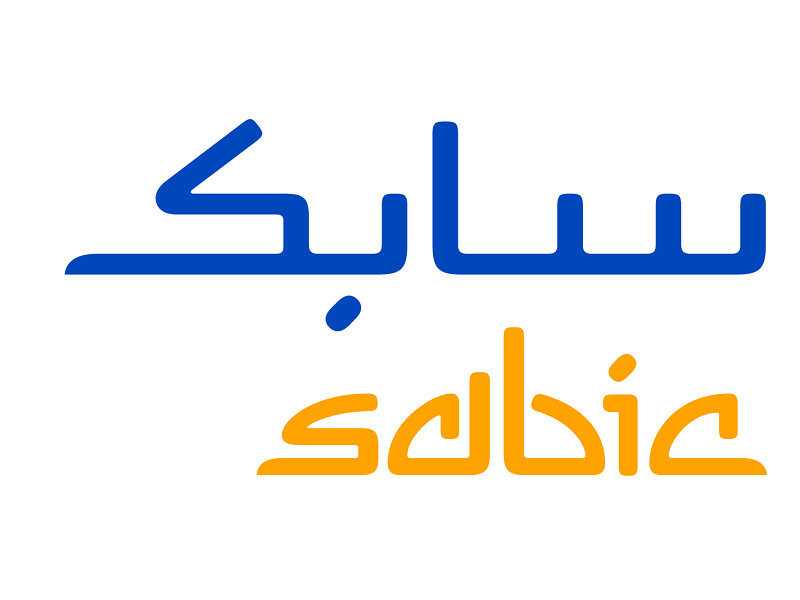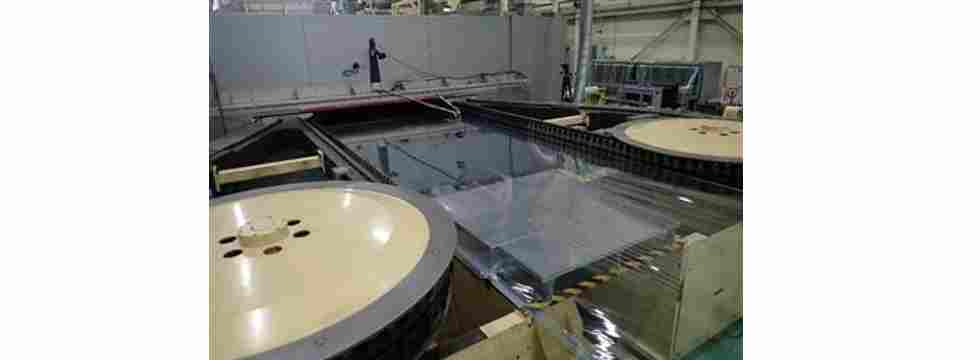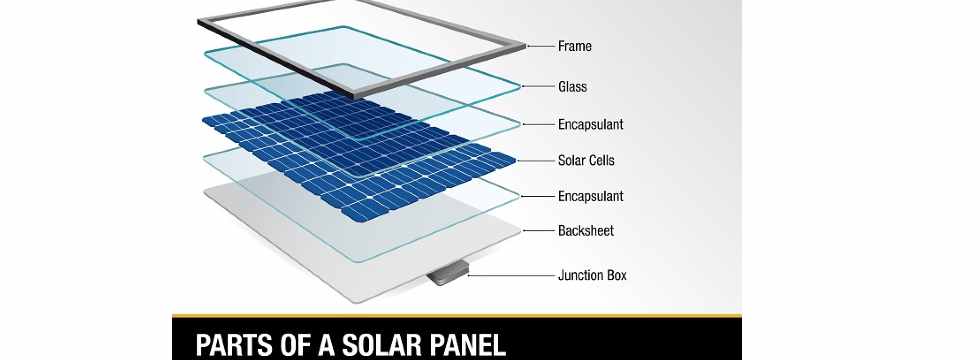SABIC’s new LNP™ KONDUIT™ compound delivers exceptional thermal conductivity & flow in complex DDR memory IC test sockets

SABIC, a global leader in the chemical industry, today introduced LNP™ KONDUIT™ 8TF36E compound, a new specialty material that helps address the stringent demands of burn-in test sockets (BiTS) used to stress-test double-data-rate (DDR) memory integrated circuits (ICs). As the number of pins and the testing temperature for DDR ICs increase and their dimensions shrink, materials used in BiTS components must deliver enhanced properties. SABIC’s new compound provides very high flow to help enable complex, miniaturized BiTS designs; excellent dimensional stability and high temperature resistance to enhance BiTS functionality during testing; and high thermal conductivity to rapidly dissipate heat afterwards.
Compared to incumbent materials such as thermally conductive filled nylon, LNP KONDUIT 8TF36E compound delivers higher flow and better dimensional stability. Customers could benefit from using this new material, which can potentially address the full range of their requirements.
“Demand for DDR memory ICs is growing steadily, thanks to expanded use in applications beyond mobile devices and PCs, such as automotive and cloud computing systems that rely on high data rates,” said Joshua Chiaw, Director, Business Management, LNP & NORYL, SABIC. “To evaluate upcoming generations of DDR ICs, burn-in test sockets require new material solutions with improved properties—and SABIC is addressing this unmet need. Our ongoing investment in high-performance materials demonstrates our strong commitment to the semiconductor industry.”
Putting Performance to the Test
Double-data-rate memory ICs, which fetch data twice per processor clock cycle, accelerate data transfer to meet the high throughput demands of gaming, artificial intelligence and other data-intensive applications. This technology is putting greater pressure on test socket manufacturers, whose products must accommodate higher voltages, higher-temperature environments, ever-smaller form factors and an increased number of pins. For these reasons, BiTS designs for DDR ICs require high precision, high durability and workability.
LNP KONDUIT 8TF36E compound features high flow to help enable miniaturized and complicated designs with many pin points. During the testing process, it can easily withstand typical testing temperatures of 150°C while maintaining good dimensional stability to help improve the accuracy of measurements. This high heat capability can potentially permit BiTS to be re-used repeatedly without degrading. Further, LNP KONDUIT 8TF36E compound can handle extreme temperatures up to 260°C, building in capability to address higher-heat BiTS requirements in the future. Finally, to quickly dissipate heat after testing, the new product provides high thermal conductivity of up to 4.5W/m.k.
The new SABIC compound is well suited for fixed, structural parts, including latches and adaptors, in BiTS assemblies.
“Advancements in memory chips are placing new demands on burn-in test sockets,” said Jenny Wang, Director, Formulation and Application, APAC, SABIC. “As the power of DDR ICs increases, temperature control is critical to verify that all devices in a BiTS system are uniformly stressed during reliability testing. Our new LNP KONDUIT material achieves what incumbent materials cannot. Not only does it provide high thermal conductivity, but it also delivers other key properties that contribute to successful testing.”
New LNP KONDUIT 8TF36E compound is globally available.






